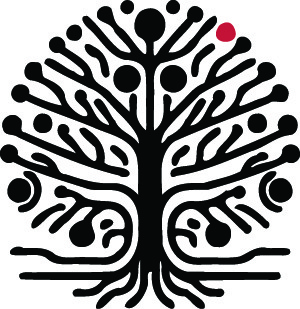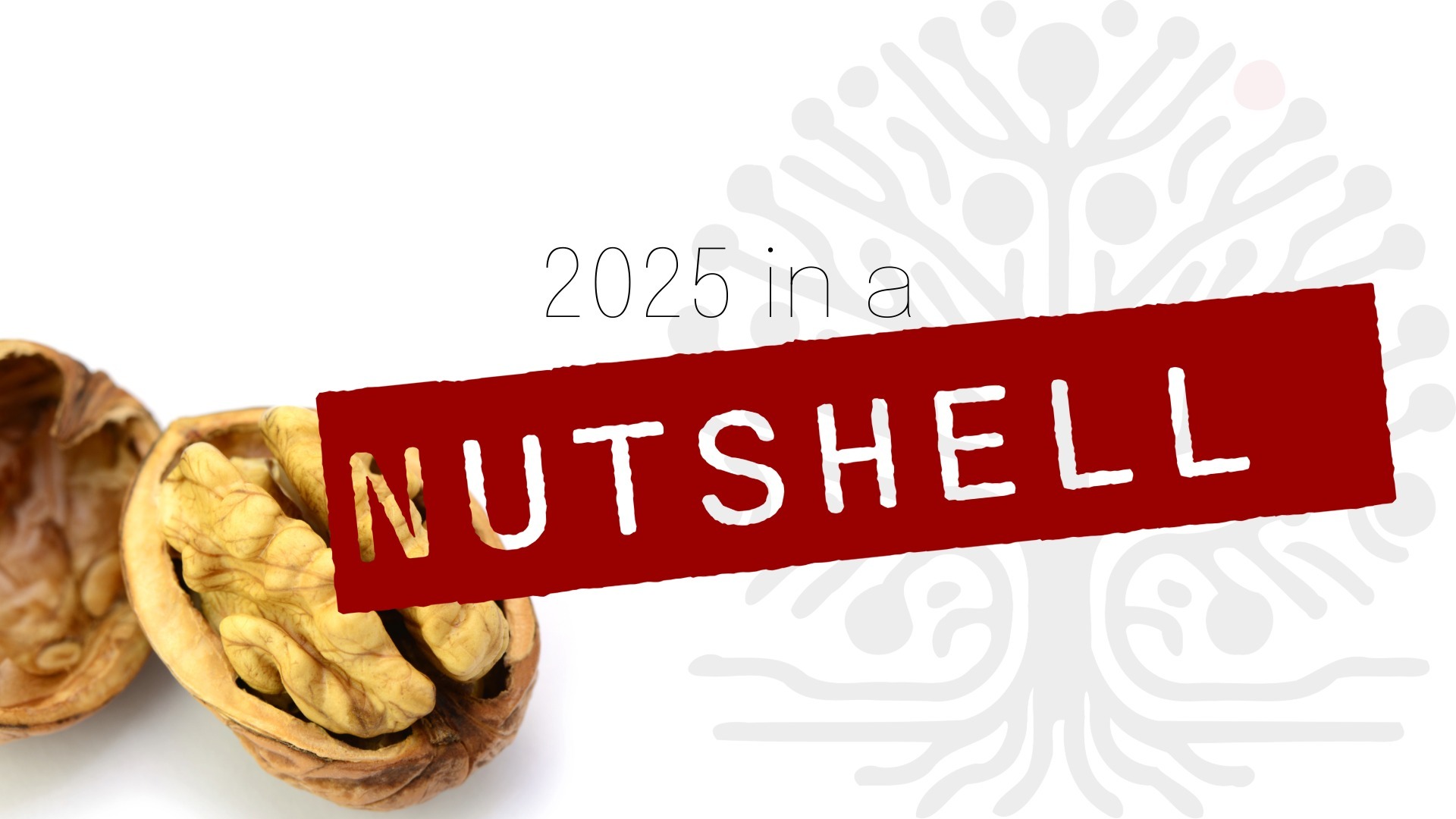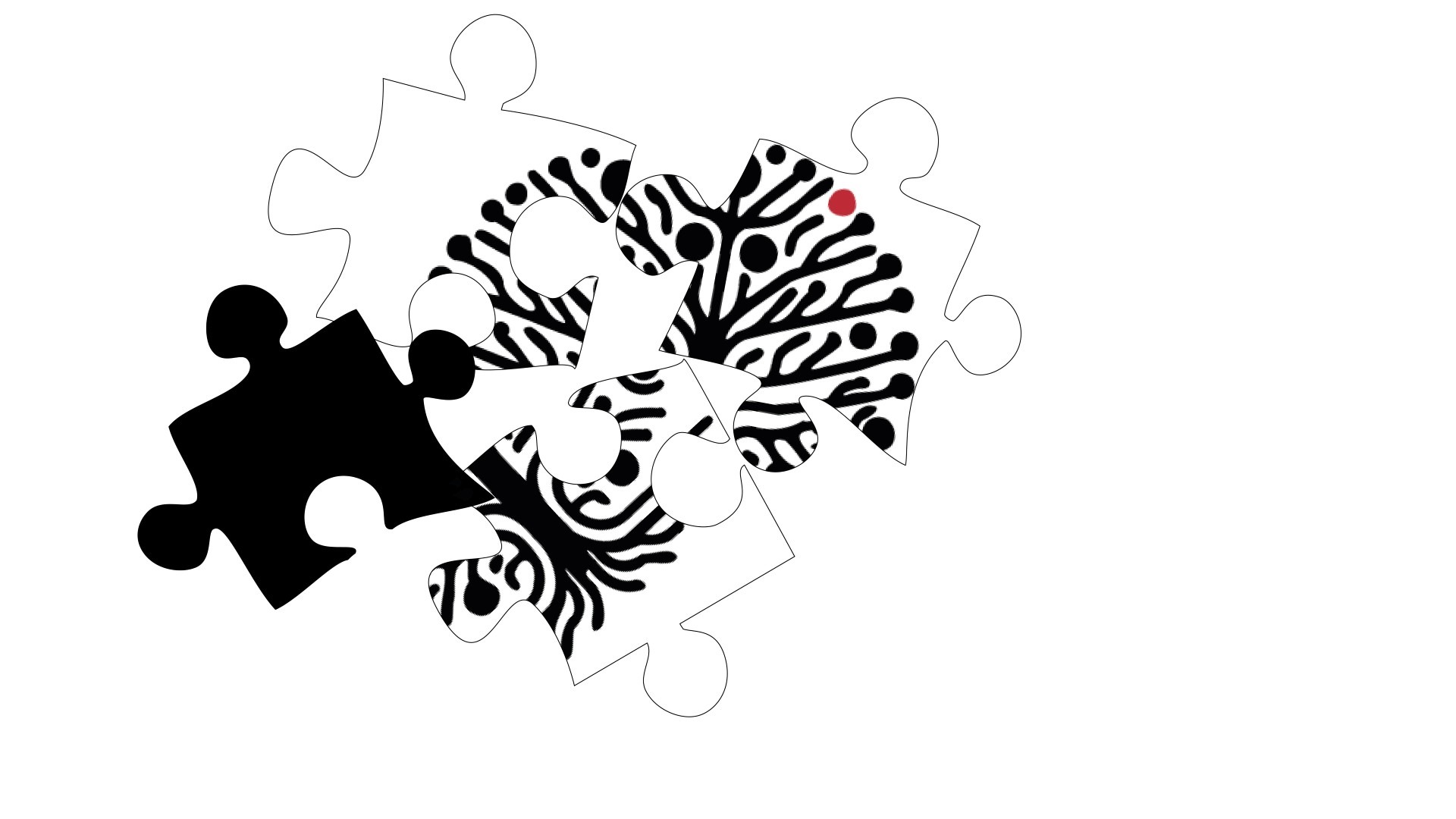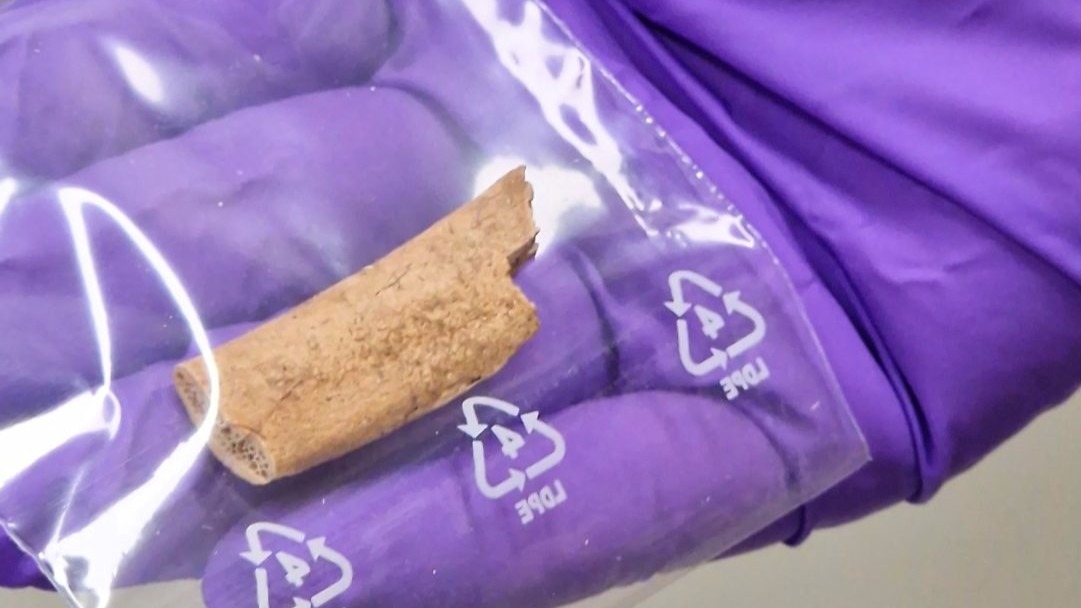Mattias Sjölander
Mattias Sjölander is an archaeologist interested in how past human–environment relationships have developed over time. With a background in Environmental Archaeology, he has experience with several analytical methods, including soil chemistry, spectroscopy, and Geographic Information Systems (GIS).
His research emphasizes interdisciplinary approaches that integrate evidence, information and methodologies from different disciplines in order to answer complex research questions.
Mattias recently successfully defended his PhD thesis at Umeå University. He studied hunter-gatherer adaptations from a raw material perspective in a North Fennoscandian setting, using spectroscopic data collected on quartzite artefacts.
In his Postdoc project with us he aims to integrate the information from different environmental proxies (fossil insects & pollen) in order to produce a more high-resolution image of how the European landscape has developed during the Holocene period. Such a model can benefit the further development of current archaeological and environmental models of human migration and settlement.
Outside of work Matte practices Japanese martial arts, including iaido, jodo and naginata, and relaxing with friends in an online game.




